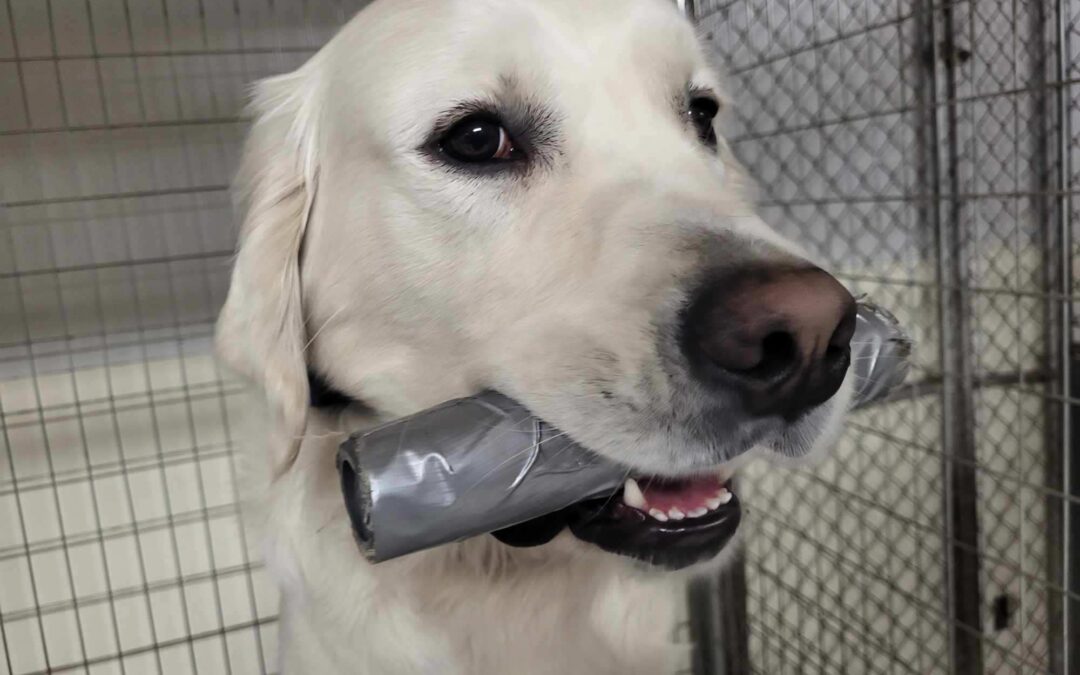Duck dogs must fetch on command and hold the duck for delivery to hand. While these fundamentals are largely instinctive in well-bred dogs, they must be honed through training. A popular technique is “force-fetch,” which involves harsh negative reinforcement until the desired result is achieved. However, this method can be misapplied and have lasting consequences for meek dogs. An alternative method, known as “forceless fetch,” begins when the dog is a pup and is continually revisited into adulthood. This method teaches the dog to hold and fetch through conditioning, not force.
The forceless fetch method starts when the pup is three months old and is taught to hold a leather gardening glove. Later, the pup is taught to fetch the glove on command. When the pup is around four months old, the “Traffic Cop” drill is introduced, where the dog is commanded to sit and retrieve a bumper while the trainer positions themselves between the dog and the bumper to maintain control. If the dog repeatedly spits out the bumper, the “hold” command may need to be revisited.
While force-fetch is widely considered a standard step in any retriever program, the downside to old-school force breaking is that it can have lasting consequences for meek dogs and is not pleasant for trainers. The forceless fetch method is an alternative that teaches the dog to hold and fetch through conditioning, not force.


Recent Comments